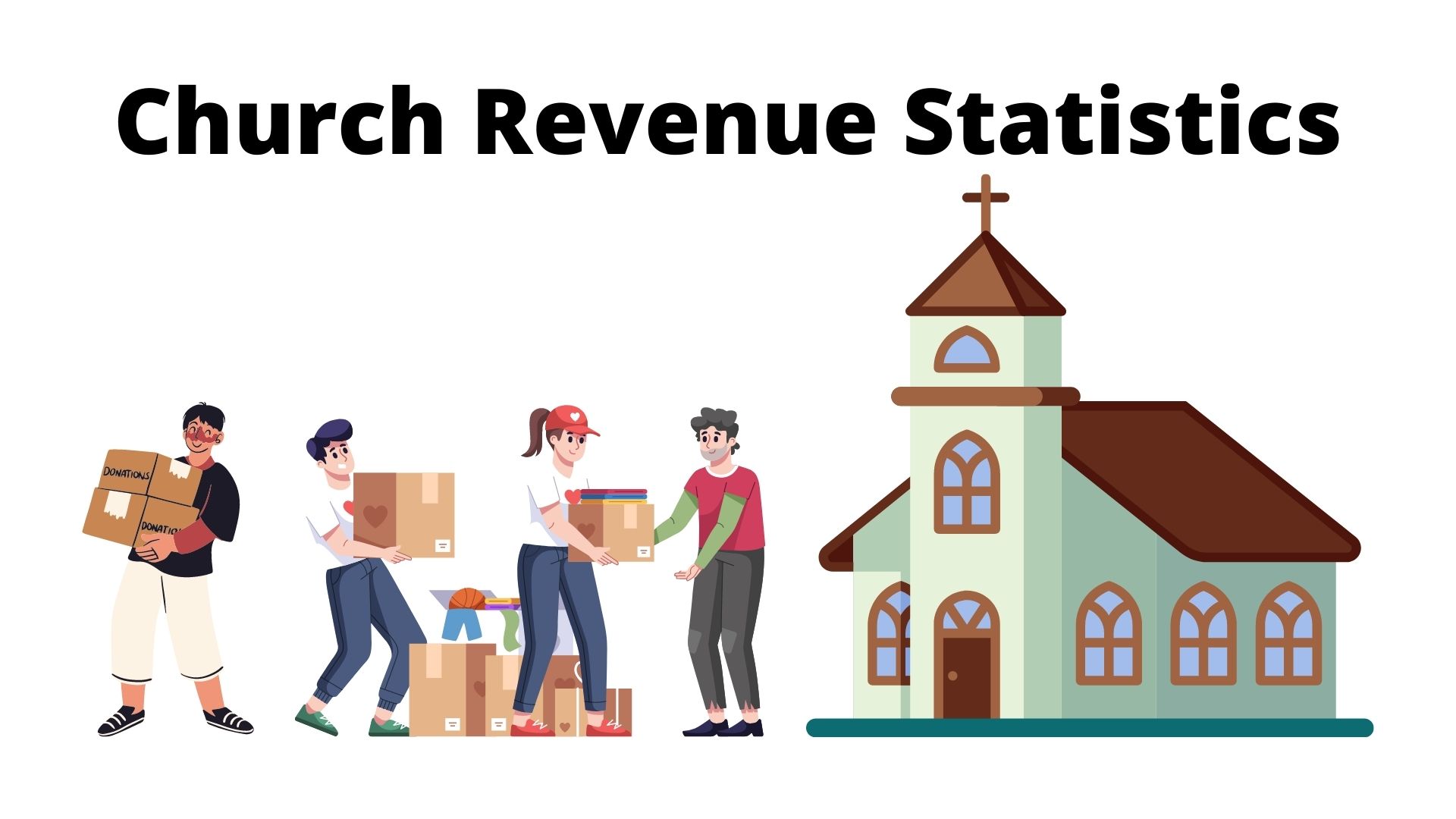Comprehensive Guide to Field Service Software
Page Contents
- What Does Field Service Software Do?
- How is Field Service Management Changing?
- Who Buys Field Service Software?
- How is Field Service Management Changing?
- What Is Driving Interest in Field Service Software?
- How Should You Evaluate Field Service Software?
- Who Are Notable FSM Vendors?
- Further Field Service Software Alternatives
Field service software is a hot area right now and getting hotter as companies recognize the importance of providing good customer service.
According to Aberdeen Group, the worldwide field service management (FSM) market is worth around $18 billion annually and comprises about 20 million people globally, with close to 6 million in the United States.
“Operating your service business as you've done in the past will result in lost revenue streams, customers who find a new service partner and, ultimately, a business that is no longer viable,” said Aly Pinder, Jr., an Aberdeen Group analyst.
While a punctual field service rep used to be a major reason for success, that is no longer enough. Today's top customer service complaint is a technician who is unable to resolve an issue during the initial visit. Field service software is evolving to meet this challenge.
“When technicians have real-time insights into the customer and the equipment they are sent out to service, they will be able to have more informed conversations and ensure they fix the issue on the first visit,” said Pinder.
This is supported by surveys done by the likes of Saleforce and Oracle.
Salesforce discovered that 92 percent of service executives believe they need to adapt their service models in order to keep up with customers' needs. Oracle research found that, among companies making excellent progress in customer service, 47 percent have field service software. Nearly 60 percent optimize scheduling and dispatch of field techs in real-time.
In this guide we answer key questions such as:
- What does field service software do?
- Who buys field service software?
- How is field service management changing?
- What is driving interest in field service software?
- How should you evaluate field service software?
- Who are notable FSM vendors?
What Does Field Service Software Do?
Field service software delivers advanced scheduling, inventory tracking and asset management for service depots and mobile in-field specialists who need to fulfill work orders and provide preventive maintenance across multiple sites under service agreements, said Matt Kresch, director of Product Marketing for Service, Microsoft Dynamics CRM.
The software offers the ability to schedule, optimize and route field service employees working in the field. Employees typically involved in field service scenarios include cable repair technicians, mobile nurses and engineers who are dispatched to investigate leaks.

“Field service management is all about getting the right field resource to the right place, at the right time, and ensuring that they have all of the parts and knowledge necessary to complete their work,” said Jeff Wartgow, director product management, Oracle Service Cloud. “The goal is to optimize service efficiency, while also increasing customer satisfaction without cutting quality.”
How is Field Service Management Changing?
Traditionally, FSM was done using spreadsheets and manual processes. This wasted time and money and left customers in the dark about when their appointment would happen. Some field service management solutions provided basic automation of the scheduling process but did not truly optimize field service operations.
Today, field service software goes beyond automation to optimize the routing and scheduling of field resources. With emerging trends such as the Internet of Things (IoT), mobile technology and cloud computing, field resources can access critical customer and appointment information before they arrive on site. They can query a knowledge base for more information or collaborate with their team from their mobile devices.
[See how one company created its own field service app: Mobile App Eases ATM Field Service]
Another aspect of change affecting field service is a shift in the way customers view service.
Who Buys Field Service Software?
Common characteristics of companies that purchase field service software include:
- need to install, check, repair or maintain on-premise systems or equipment
- have a large installed base of devices that are serviced by field technicians
- experience challenges in providing top-class customer service
- want to reduce field service costs through predictive and preventative maintenance
How is Field Service Management Changing?
Traditionally, FSM was done using spreadsheets and manual processes. This wasted time and money and left customers in the dark about when their appointment would happen. Some field service management solutions provided basic automation of the scheduling process but did not truly optimize field service operations.
Today, field service software goes beyond automation to optimize the routing and scheduling of field resources. With emerging trends such as the Internet of Things (IoT), mobile technology and cloud computing, field resources can access critical customer and appointment information before they arrive on site. They can query a knowledge base for more information or collaborate with their team from their mobile devices.
[See how one company created its own field service app: Mobile App Eases ATM Field Service]
Another aspect of change affecting field service is a shift in the way customers view service.
“Customers remain loyal to brands that offer low-effort interaction,” Kresch said. “Service organizations that embrace emerging trends grow top-line revenue and increase wallet share.”
Athani Krishnaprasad, co-founder and chief strategy officer of ServiceMax, said a customer recently told him that more than 70 percent of his customer interactions/touchpoints come through the field service technicians who show up to service machinery.
“Companies are seizing this opportunity and using these interactions to promote new products, take orders for products and consumables, advise customers on product upgrades and overhauls, capture intel on competitor products to create sales pipeline, and in general develop a trusted advisor relationship with the customer base,” Krishnaprasad said.
As a result, modern FSM is a lot more than just technicians making repairs. Its main purpose today is enabling companies to foster customer loyalty, evolve their business models and achieve operational effectiveness that leads to delivering outcomes to customers, rather than mere fixes.
What Is Driving Interest in Field Service Software?
The consumer world has gotten used to sophisticated mobile applications. Now it is the turn of business apps, with field service management software in the forefront.
“The Uberization of the workforce and an everything-as-a-service economy are major trends driving a strong interest in field service software,” Kretch said.
Traditional field service management solutions emphasize the system of record. The latest generation, however, is adopting a customer-at-the-center approach based on intuitive contextual apps that offer real-time access to information that may live in many different systems.
“The new battleground for FSM is service margins and customer retention due to eroding product margins and increase in competition,” said Paulo Arnaldo, director of Product Management at Kony. “With millennials replacing the previous generation of technicians, this has increased demand for mobile apps.”
According to Gartner, there will be nearly 20.8 billion connected devices by 2020. We’re heading toward an era in which field service workers will have so much information in the palm of their hands.
“In today's hyper-connected world, every company is expected to provide a seamless customer experience while also increasing internal efficiency,” said Sarah Patterson, SVP of Marketing at Salesforce Service Cloud.
How Should You Evaluate Field Service Software?
Tips for evaluating and selecting field service software include:
- Understand the technology stack behind each provider's offer
- Find out how field service software app integrates with the back-end
- Inquire about long-term support for apps as mobile technology changes constantly
- Identify your organization's field service challenges and goals; make sure the applications you choose will help you with them
- Consider your organization's mobile strategy and pick a field service management tool that aligns with it
- To avoid high development and implementation costs, seek out off-the-shelf field service apps or plug-ins that can easily provide the needed functionality
- Insist upon collaboration between internal and external parties
- Look for mobile apps that don't depend only on Wi-Fi, and offer a central mobile management console for updates across platforms
- When considering deployment models — cloud, SaaS, private cloud or other — “Look for a flexible approach to deployment that can accommodate changing needs at a reasonable price,” Kresch advised
Who Are Notable FSM Vendors?
Lots of vendors operate in the field service software space. They range from startups focusing on advanced mobility, to traditional field service management vendors who are upgrading their platforms to suit evolving needs, to enterprise application powerhouses who are expanding their portfolios into this area. We highlight several notable offerings below.
Microsoft Dynamics CRM 2016
Field service capabilities for Microsoft Dynamics CRM 2016 include scheduling, mobile and resource optimization. These are available as an add-on for customers who upgrade to the latest version or can stand alone and include:
- Characteristics and proficiency ratings. You can define proficiency and competency levels and set them as requirements for a work order.
- Business processes.The CRM incident management business process is aligned with the work order process.
- Mobile enhancements. Drip scheduling enhances and de-clutters the user experience by displaying fewer upcoming work orders
Additionally, Connected Field Service is a new solution now available in preview. It combines Microsoft Dynamics CRM business application with the Azure IoT Suite, Analytics Platform Services, Power BI and Cortana Intelligence Suite. It will be available as a per-user add-on license for $35 per user.
FieldOne
Microsoft purchased field service software specialist FieldOne last July. It's hard to tell how much influence the FieldOne acquisition has already had on Dynamics CRM, if Connected Field Service is the first offshoot or if the FieldOne Sky brand will persist. But FieldOne is one of the early pioneers in terms of FSM apps that work directly on Android and iPhone devices.
In a blog post, Jujhar Singh, general manager, Microsoft Dynamics CRM, explains how Connected Field Service will work: “In a Connected Field Service scenario, IoT-enabled devices are continuously monitored and anomalies are detected, generating alerts that trigger automated actions or service tickets and workflow according to service level agreements. Availability and proximity of service technicians with the right skills and tools are then matched against the service requirement and routed to customer locations to take preventive action.”
Salesforce Field Service Lightning
Salesforce's Field Service Lightning connects field workers with the larger service organization for a 360 degree view of the customer. Field Service Lightning starts at $135 for organizations that have at least one Enterprise Edition or Unlimited Edition Service Cloud Lightning license.
The field service software encompasses:
- Connecting the entire service workforce with the call center, agents, dispatchers and mobile employees on a centralized platform
- Leveraging scheduling and optimization technology, to take dispatching one step further by applying a layer of intelligence. Scheduling is automated based on skills, availability, and location to optimize on-site service
- Tracking and managing jobs in real-time, enabling service employees to update work orders, issue change requests and adjust job status, anytime, anywhere and on any device
Oracle Field Service Cloud
Like Microsoft, Oracle acquired a field service software specialist, buying TOA Technologies in 2014. TOA's product was used by Dish Network, Home Depot and Vodafone, among other companies. Its technology is used in Oracle's field service management software.
Oracle Field Service Cloud uses time-based, predictive technology to help organizations automate and optimize, the service process, from customer incident through service delivery and feedback. A routing optimization engine automatically assigns the right job to the right person. Key features include:
- Time-based measurements capture every activity for every field employee in real time, including the time it takes to complete jobs and travel between sites
- Learns the historical performance of every field employee, and creates a performance pattern profile for each one, then leverages these performance pattern profiles to create optimal daily routes and schedules
- Mobile access to critical customer and appointment information
- Collaboration tools
- A Field Resource Manager available on a mobile device so field supervisors can manage all field activities
- Automated Urgent Work Assignment to respond to emergency situations
- Integration with Oracle's E-Business Suite
ServiceMax
The most recent ServiceMax release included:
- ServiceMax Service Performance Metrics, which distills industry best practices for business metrics such as attach rate, contract uptime, utilization, first-time fix rate and repeat visit in order to track and act on performance over time across product lines, technicians, service teams, accounts and locations
- The ServiceMax Field Service App, which offers a field-service optimized user experience with offline capabilities. It supports Windows hybrid devices, such as Microsoft Surface as well as Android tablets and iPads
- ServiceMax Catalyst, which provides pre-configured service processes, business objects and functionality that can be quickly deployed.
Kony
Kony‘s field service software package includes four integrated field service management apps, each one for a different aspect of the business process. For example, a new air conditioner might come with a sensor that monitors performance and transmits data to a service app provided by the AC manufacturer. It sends notifications to the user, and sometimes directly to the manufacturer to schedule an appointment with a technician.
Further Field Service Software Alternatives
These are many more field service software options out there such as:
Drew Robb is a freelance writer specializing in technology and engineering. Currently living in Florida, he is originally from Scotland, where he received a degree in geology and geography from the University of Strathclyde. He is the author of Server Disk Management in a Windows Environment (CRC Press).

Drew Robb is a writer who has been writing about IT, engineering, and other topics. Originating from Scotland, he currently resides in Florida. Highly skilled in rapid prototyping innovative and reliable systems. He has been an editor and professional writer full-time for more than 20 years. He works as a freelancer at Enterprise Apps Today, CIO Insight and other IT publications. He is also an editor-in chief of an international engineering journal. He enjoys solving data problems and learning abstractions that will allow for better infrastructure.

